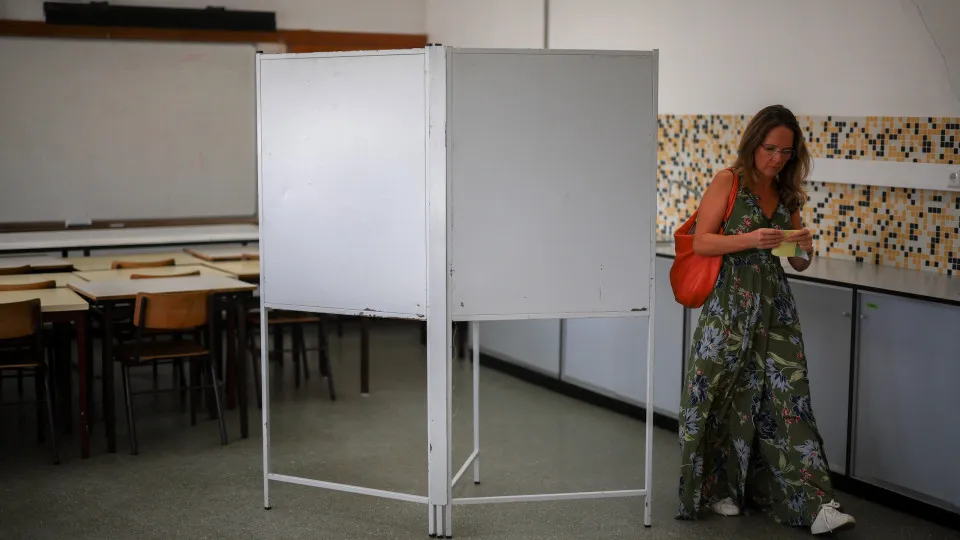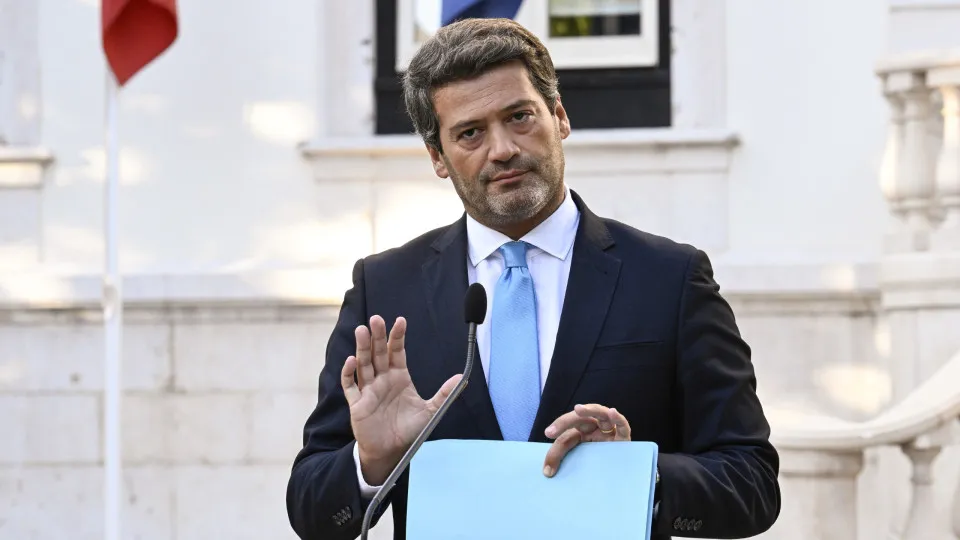
The proposed legislation by the government aims to amend Article 19-B of the Estatuto dos Benefícios Fiscais (EBF), specifically concerning the fiscal incentive for salary enhancement.
In a vote held today by the Committee on Budget, Finance, and Public Administration, the initiative received support from PSD, CDS-PP, and Chega, with the PS abstaining.
Currently, for companies to deduct from corporate tax the expenses related to employee salary increases, they must decrease the “pay gap” among employees, meaning the wage disparities between the top 10% and bottom 10% earners.
With the newly approved amendment, companies will no longer need to meet this requirement. Other criteria already established by law for companies to access the fiscal incentive remain unchanged.
Requirements include that employers must implement a minimum increase in the average annual base salary within the company and the annual base salary of workers earning less than or equal to the company’s average annual base salary at the end of the previous year.
The exemption from reducing salary disparities will take effect this year, as the approved text states the law applies “to tax periods starting on or after January 1, 2025.”
During the discussion of the bill in detail, PS proposed an addition to the government’s proposal — rejected by PSD, CDS-PP, and Chega — to enable the state to access data on salary inequalities among workers.
Law No. 60/2018, which aims to promote salary equality between men and women, already mandates the provision of a “balance of wage differences between men and women by company, profession, and qualification levels,” and PS intended to use this tool for the “pay gap” issue.
PS deputy Miguel Cabrita, who served as Secretary of State for Employment in the governments of António Costa, remarked that Portugal is among the countries “with the highest levels of inequality in Europe” and expressed regret that the parliament is dismissing a “well-established concern” of addressing inequalities.
The mechanism proposed by PS, he said, was based on the reporting system already available to the state, not entailing “any additional bureaucratic work or time for companies.”
Apart from the change to the EBF removing the requirement to reduce disparities among workers, the government included in the State Budget proposal for 2026 an amendment to the expected percentage concerning the minimum salary appreciation companies must adhere to.
Instead of the EBF stipulating that this minimum level involves a 4.7% increase (as forecasted for 2025), the executive led by Luís Montenegro suggests to deputies that the minimum in 2026 should be 4.6%.
The percentage for each year aligns with the goal of annual average salary appreciation in the country enshrined in the Social Agreement of 2025 to 2028, signed by the government of Luís Montenegro on October 1, 2024, with the General Union of Workers (UGT), the Confederation of Portuguese Farmers (CAP), the Confederation of Commerce and Services of Portugal (CCP), the Business Confederation of Portugal (CIP), and the Portuguese Tourism Confederation (CTP).




